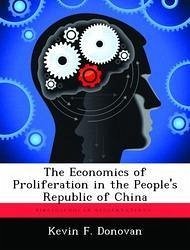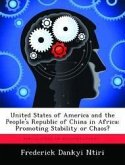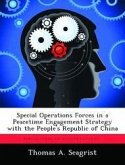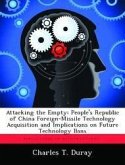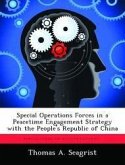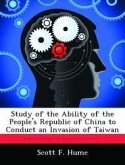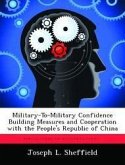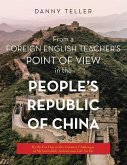Proliferation of systems and technologies related to weapons of mass destruction (WMD) is a primary concern to U.S. policy makers in the post-Cold War era. Yet the dynamic of WMD proliferation takes place in an international environment where the hierarchy of issues and the constraints among international actors have changed greatly. This paper suggests that a concept labeled "Economism" structures contemporary issues among nations, including those military and security issues (to include proliferation) that since World War II, had been considered the strict province of "high politics." In order to examine this claim, this paper explores the proliferation activities of the People's Republic of China and the efforts of the United States to influence the PRC's proliferation policies. It further suggests that in order to understand proliferation activities in the PRC, an appreciation for what Graham Allison has termed "organizational" and "bureaucratic" models of decision making must be applied to the PRC in contravention to what the West normally considers as a closed, authoritarian, and egoistic central authority. Finally, with insights gained from this new understanding as informed by the imperatives of Economism, this paper presents options for U.S. leaders to consider in crafting more effective policies for dealing with the PRC's proliferation activities.
Hinweis: Dieser Artikel kann nur an eine deutsche Lieferadresse ausgeliefert werden.
Hinweis: Dieser Artikel kann nur an eine deutsche Lieferadresse ausgeliefert werden.

